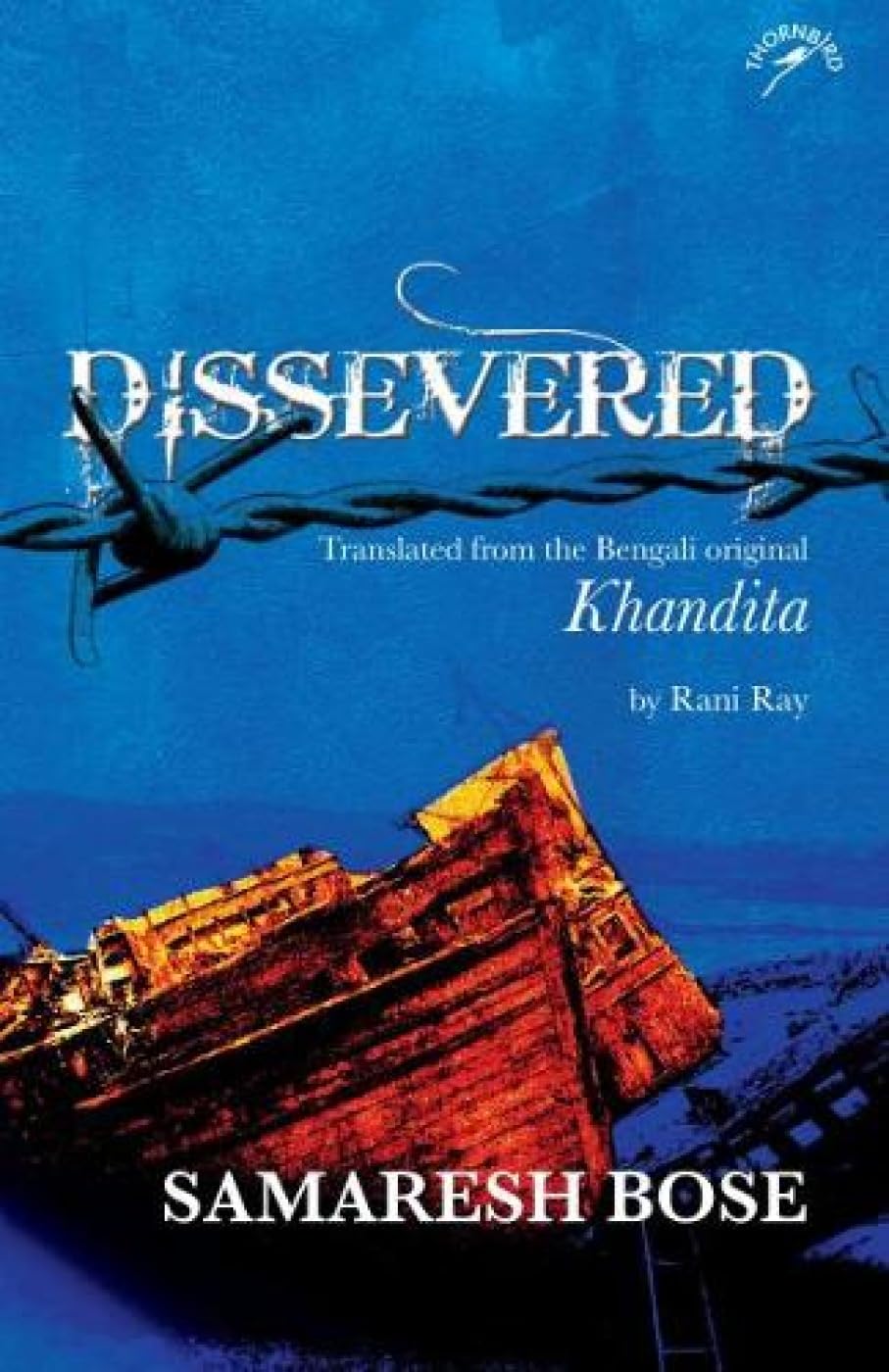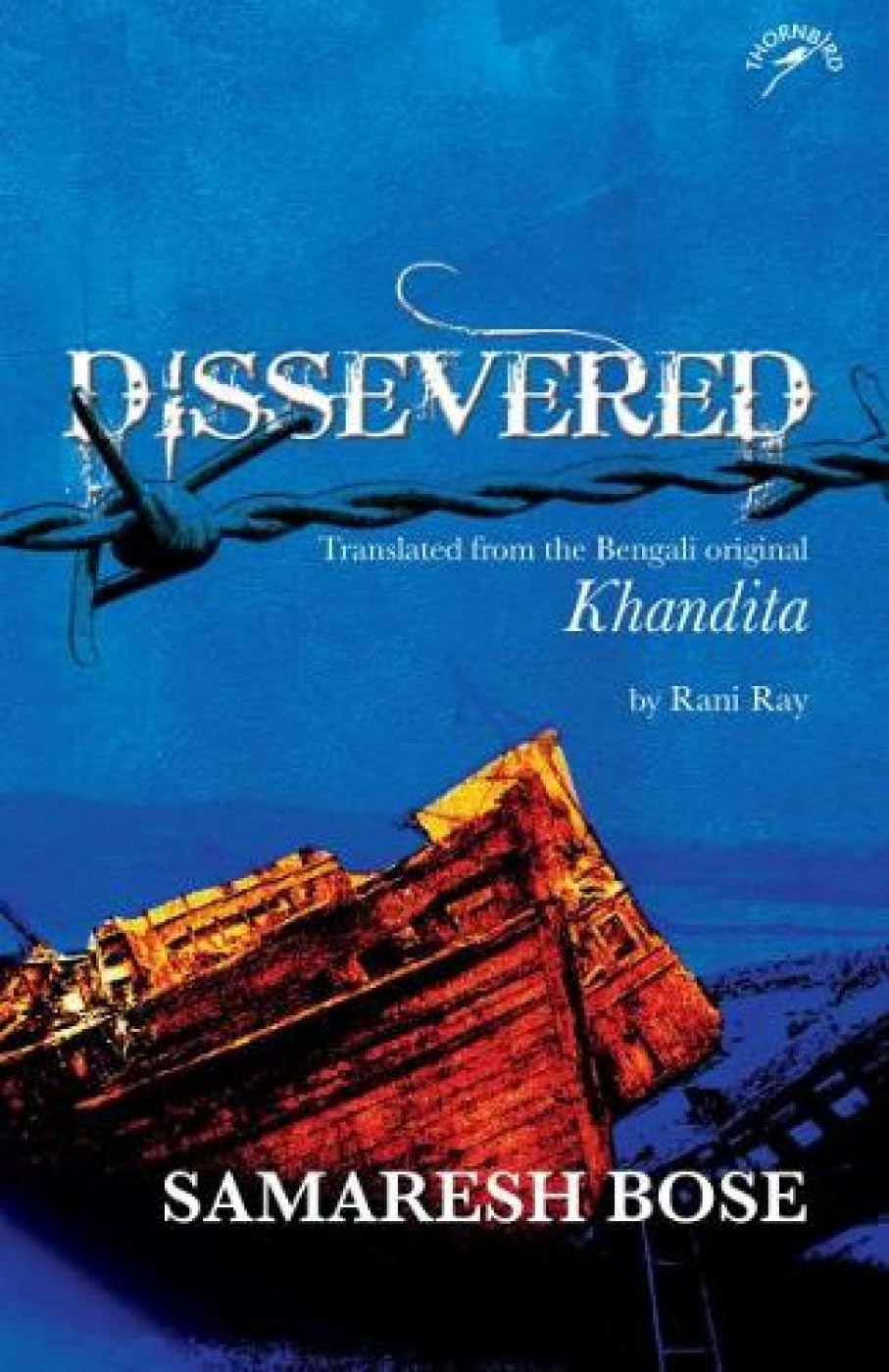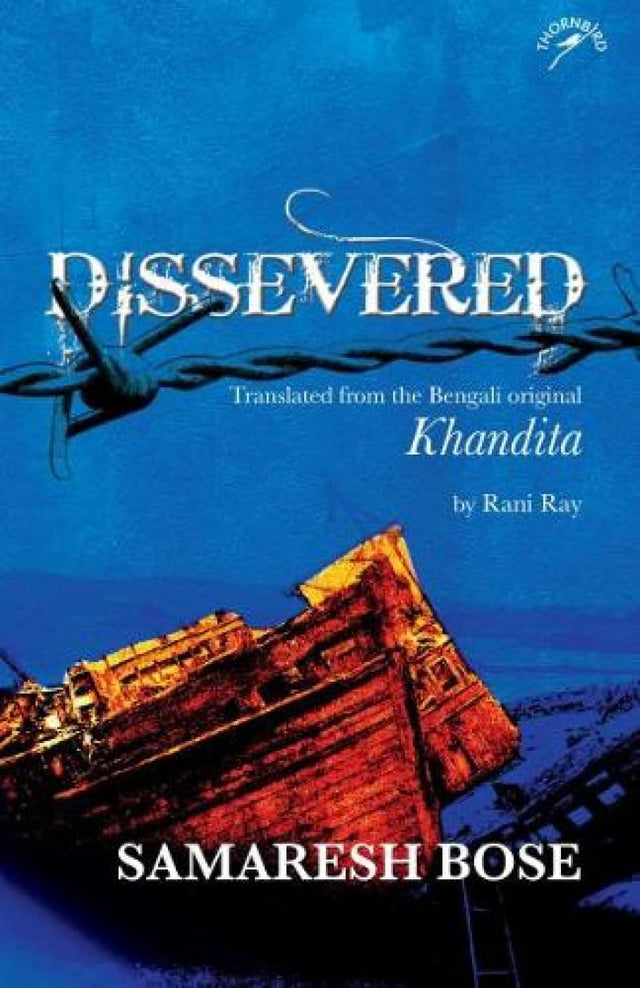Dissevered (F.B)
Dissevered (F.B) is backordered and will ship as soon as it is back in stock.
Couldn't load pickup availability
Genuine Products Guarantee
Genuine Products Guarantee
We guarantee 100% genuine products, and if proven otherwise, we will compensate you with 10 times the product's cost.
Delivery and Shipping
Delivery and Shipping
Products are generally ready for dispatch within 1 day and typically reach you in 3 to 5 days.
Book Details
-
Publisher: Niyogi Books Pvt. Ltd. (Under the Imprint: Thornbird)
-
Author: Samaresh Bose (Samaresh Basu)
-
Language: English
-
Edition: First Edition
-
ISBN: 9789389136067
-
Pages: 192
-
Cover: Paperback
-
Dimensions: 8.5 x 5.5 x 0.4 inches
About the Book
Dissevered (Khandita), a novella by Samaresh Bose (Samaresh Basu), offers a poignant and prescient portrayal of the birth pangs of a newly emergent nation post-independence. Set against the backdrop of India’s Partition and the birth of Bangladesh, the novella follows three disoriented youths—Gora, Bias, and Sati—who are caught in the turbulence of a nation seeking its identity.
The book's significance lies in its ability to capture the emotional complexities and ideological challenges faced by ordinary people during this period of national upheaval. Through the lens of these young men, Bose addresses the dominant issues of nationalism, identity crises, communal disharmony, and citizenship, all of which resonate deeply with contemporary societal struggles. The portrayal of historical events through fictional techniques, along with the use of a colloquial language that mimics the mores of civic society, adds a unique and compelling dimension to the narrative.
The desire for national unity, embodied in the figure of Gandhi and the metaphor of a nomadic woman with amputated arms, reflects the idealistic vision for a united nation. Dissevered (Khandita) stands as a testament to Bose’s genius in capturing the conflicted emotions of ordinary citizens during the birth of a new nation. With no imposition of doctrine—despite his leftist leanings—the novella remains a powerful and nuanced depiction of the period, offering valuable insights into the psychological landscape of a divided society on the eve of independence.





